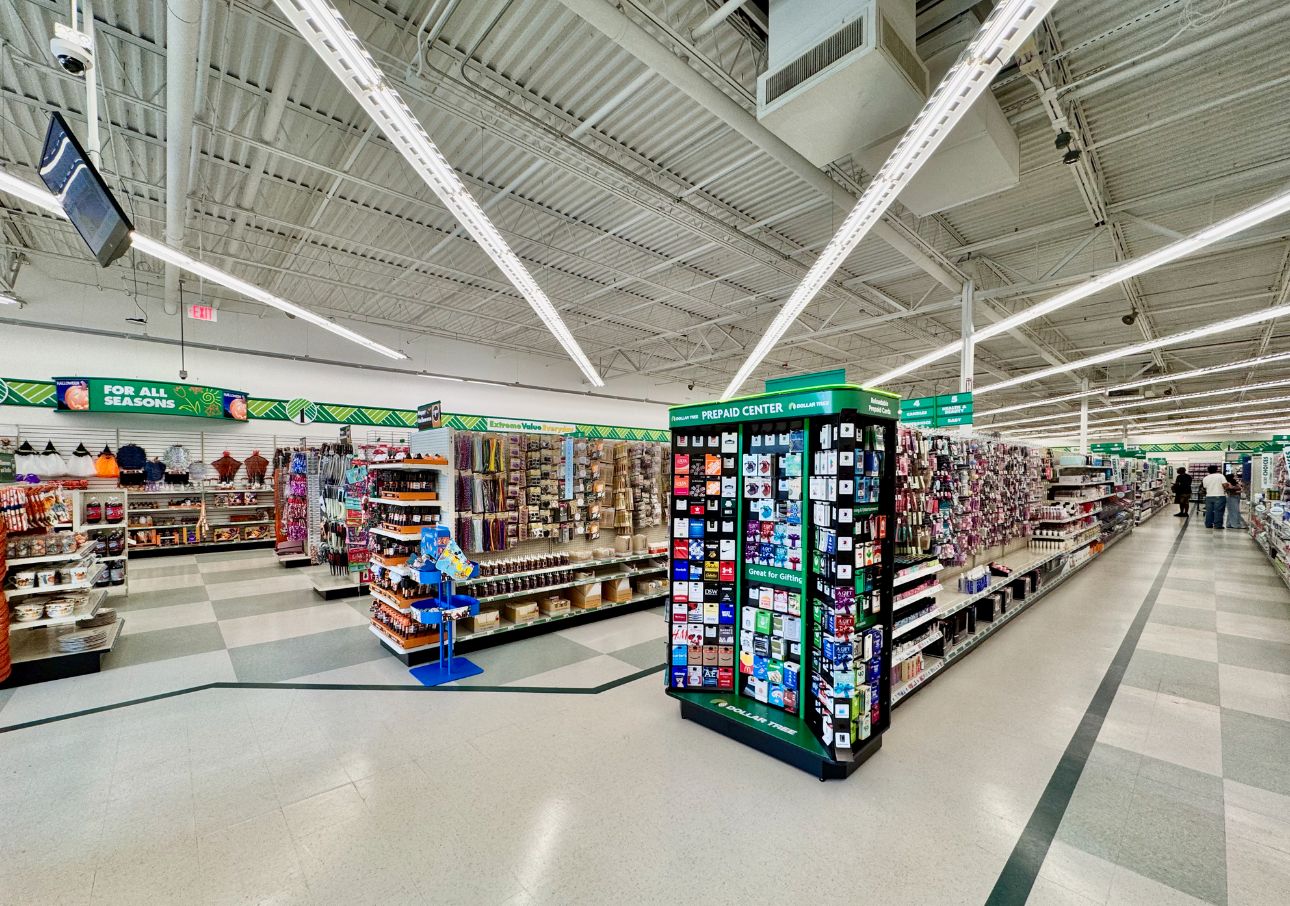As corporate collapses continue to catch stakeholders off guard, analysts face growing pressure to dig deeper than traditional audits allow. The limitations of standard financial reporting — especially in identifying “going concern” risks — have exposed systemic blind spots in evaluating a company’s true financial stability.
For those involved in mergers and acquisitions (M&A), private equity (PE), or strategic planning, Quality of Earnings (QofE) analysis has become an indispensable tool. It helps surface red flags, validate financial performance, and provide a more reliable foundation for investment decisions. In this post, I will highlight why this topic is important and detail the components of QofE analysis.
Why Is Quality of Earnings (QofE) Analysis Critical?
Research from the Audit Reform Lab at the University of Sheffield found that auditors failed to identify material uncertainties related to going concern in 75% of significant corporate failures in the UK from 2010 to 2022. The Big Four auditing firms – Ernst & Young (EY), PricewaterhouseCoopers (PwC), Deloitte & Touche, and KPMG — provided going-concern warnings in less than 40% of situations, while smaller firms had an even more disappointing warning rate of 17%.
Several high-profile cases have highlighted audit failures which reveal significant deficiencies in the auditing industry. For example, KPMG came under scrutiny for its audits of Carillion, a UK construction and facilities management company that collapsed in 2018. The Financial Reporting Council (FRC) imposed a £21million fine on KPMG for its role in the audit failures, citing serious shortcomings in the firm’s work.
Similarly, EY has faced investigations related to its audits of Wirecard, a German payment processing company that fell into a massive fraud scandal. PwC has also encountered several major controversies, including a six-month ban in China for audit failures linked to the collapse of Evergrande.
While an audit report confirms that historical financial statements adhere to generally accepted accounting principles (GAAP), it does not always accurately reflect a business’s true earnings capacity. The QofE process goes beyond GAAP by adjusting for non-recurring items, normalizing revenue streams, and establishing a reliable baseline for projections and valuations.

Image Source: Author Analysis
While the scope of a QofE report is not strictly defined, and determining the quality of earnings can be challenging, there are three key factors that should be addressed in any QofE analysis. They are:
- Financial performance analysis,
- Proof of cash (PoC), and
- Net working capital (NWC)
Financial Performance Analysis
The revenue mix in the QofE report can sometimes highlight customer concentration as a significant risk factor. A high reliance on only a few key customers exposes the business to revenue volatility if those customers decrease their demand or terminate contracts. This concentration can lead to scenarios where the financial health of the business is heavily tied to the performance and longevity of a limited number of clients.
Furthermore, the geographical distribution of the customer base introduces different levels of risk. For example, global customers are influenced by a range of factors, including local supply and demand dynamics, economic conditions, political stability, regulatory changes, and exchange rate fluctuations. These external forces can greatly impact customers’ purchasing behavior, which, in turn, affects the company’s revenue stability.
Other areas of investigation include:

Image Source: Author Analysis
Proof of Cash
The proof of cash (PoC) test is a critical factor in QofE analysis, offering a detailed reconciliation of cash inflows and outflows to ensure the integrity of reported financial performance. This test links the company’s reported cash transactions to its bank statements, thereby validating that the financial data aligns with actual cash movements. It helps detect discrepancies that could indicate errors, fraudulent activity, or mismanagement.
The PoC test ensures the accuracy of key financial metrics like revenue, expenses, and EBITDA, which are central to a transaction’s valuation. By reconciling transactions, the test verifies that:
- Revenue is not overstated (e.g., uncollected sales not reflected in cash inflows).
- Expenses are complete and accurate and have proper cash documentation.
- There are no unrecorded liabilities or unusual cash activities like large transfers to related parties.
The PoC test relies on three primary data sources:
- Bank statements: Detailed records of all cash inflows and outflows over a specific period, typically covering several months or years.
- General ledger entries: The company’s official record of transactions, used to match reported figures with actual cash movements.
- Source documents: Supporting documentation for major transactions including invoices, receipts, contracts, and payment confirmations.
Net Working Capital
Net working capital (NWC) is an important aspect of QofE analysis because it indicates a business’s liquidity and operational efficiency. In a QofE assessment, NWC is evaluated to ensure that the company maintains sustainable working capital levels that enable it to support ongoing operations and meet its short-term obligations without relying on external financing. NWC is calculated as the difference between current assets (receivables, inventory, etc. ) and current liabilities (payables, accrued expenses, etc.).
NWC is important for QofE for many reasons including:
- Sustainability of operations: By analyzing trends in NWC, analysts can assess whether a company’s operational cash flow is stable and sufficient to support normal business activities after a transaction.
- Adjustment of purchase price:NWC is crucial for establishing what constitutes a “normal” level of working capital for the business. Deviations from this standard may lead to adjustments in the purchase price during M&A transactions, ensuring that neither party assumes undue risk.
A thorough review of NWC can reveal several risks, including these:
- Volatility in working capital fluctuations may indicate operational inefficiencies, seasonal patterns, or poor cash flow management.
- Revenue recognition risks: Unusually high accounts receivable might suggest overly aggressive revenue recognition practices.
- Inventory concerns: Excessive or obsolete inventory may artificially inflate current assets.
- Liability mismatches: Large, unrecorded, or unusual current liabilities can indicate hidden risks or mismanagement.
- Operational insights: Analyzing NWC often uncovers underlying issues such as customer concentration risks, supplier payment delays, or inventory turnover trends. These factors can significantly affect a company’s valuation and operational viability.
While evaluating NWC is crucial, it is equally important to estimate the cash requirements needed to support working capital for the first 30 to 90 days after the transaction. This step is often overlooked in M&A, particularly in PE deals. Properly addressing this ensures that the business can maintain uninterrupted operations during the ownership transition.
Best Practices for using NWC in QofE Audits:
1. Detailed forecasting: Use historical NWC trends and scenario analyses to model cash flow requirements for 30, 60, and 90 days post-transaction.
2. Buffer for uncertainty: Account for contingencies, such as unexpected delays in collections or increased working capital needs due to integration complexities.
3. Coordinate with lenders: Establish a pre-approved LOC or other financing options before closing the transaction to address potential short-term funding gaps.
Incorporating a cash requirement analysis for the transition period in the QofE process allows PE investors to reduce post-transaction risks, maintain operational stability, and avoid the stress of needing emergency funding. This facilitates a smoother and more successful integration.
For analysts tasked with assessing risk, value, and operational resilience, a robust QofE review offers critical insights that conventional audits often miss. From uncovering customer concentration risks and irregular cash flows to ensuring working capital adequacy during post-transaction periods, QofE provides the analytical rigor necessary for sound decision-making. By approaching financials with this sharper lens, analysts can not only anticipate problems but also identify opportunities that align with long-term value creation.










